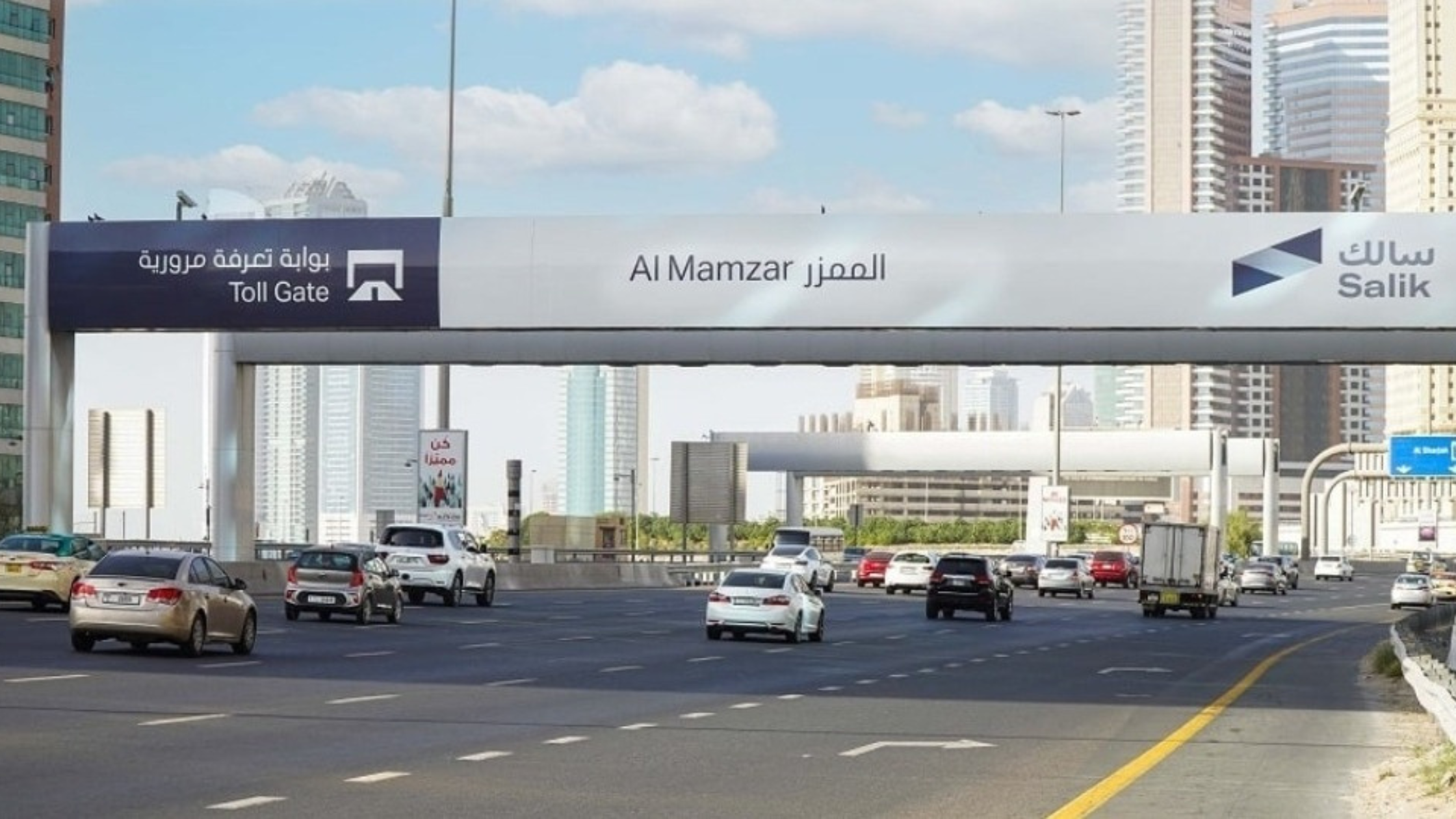Emirates Issues Terminal 3 Advisory for April 18–21 Travelers

In preparation for one of the busiest weekends of the year, Emirates Airline has issued a detailed advisory for passengers scheduled to depart from Dubai International Airport’s Terminal 3 between April 18 and 21. With over 300,000 travelers anticipated to take off during this window, coinciding with the Easter weekend and school holidays, the airline has emphasized the importance of early arrival, proper documentation, and awareness of various check-in options available to passengers. These measures aim to ensure smooth operations and prevent delays amid the expected surge in foot traffic.
Passenger Surge Triggers Advance Notice from Emirates
As Dubai gears up for the Easter travel rush, Emirates has projected that more than 300,000 travelers will be passing through Terminal 3. The carrier’s preemptive advisory comes as part of a larger strategy to manage the massive influx of passengers and maintain the airline’s reputation for punctuality and efficiency. Emirates has urged its customers to plan ahead, prepare documentation, and utilize all available airport services to minimize the stress and time spent navigating a crowded terminal. With the surge already in motion, the airline is doubling down on its commitment to service and customer experience even under intense travel conditions.
Check-In Options Aimed at Enhancing Passenger Flow
To manage the growing crowd and optimize the check-in experience, Emirates has highlighted a variety of check-in methods tailored to different traveler preferences. One of the airline’s key recommendations is to use its online check-in platform, available through the Emirates website or the Emirates App. This feature allows travelers to check in up to 48 hours before departure and obtain a digital boarding pass that can be presented at various airport checkpoints.
Travelers who prefer to check in at the airport still have ample time to do so. Emirates’ Terminal 3 check-in counters will open 24 hours before flight departure for most destinations, allowing early arrivals to beat the crowds. However, for those heading to the United States, check-in counters open 12 hours before the flight due to additional security protocols associated with U.S.-bound travel.
Remote Check-In Facilities Introduced for Added Flexibility
Recognizing that airport congestion can deter a stress-free travel experience, Emirates has introduced remote check-in facilities to further ease the burden on Terminal 3. One such facility is the City Check-In & Travel Store, located at ICD Brookfield Place in Dubai International Financial Centre (DIFC). Open from 24 hours up to four hours before departure, this service allows travelers to check in and drop off luggage without entering the airport. This facility is especially beneficial for residents working or staying in the Downtown and DIFC areas, providing convenience in the heart of the city. However, this option is not available to passengers on U.S.-bound flights due to federal regulations.
Another alternative offered is the check-in facility at the Ajman Central Bus Terminal. Operating during the same hours—24 to four hours before departure—this location caters to travelers living in or near Ajman, offering them a chance to check in closer to home. The presence of these remote options reflects Emirates’ intent to decentralize check-in operations and reduce pressure on Terminal 3.
Night-Before Bag Drop Option for Hassle-Free Departures
To accommodate travelers with early morning flights or those who simply wish to avoid the rush, Emirates has encouraged the use of its night-before bag drop service. By allowing passengers to check in and drop off their bags the evening before their scheduled departure, the airline seeks to streamline the morning flow through Terminal 3. This option has gained popularity, especially among families and large groups who typically need more time at the airport. Once bags are dropped off, travelers can arrive the next day and head straight to Immigration and security clearance, making the process significantly quicker and more efficient.
Emphasis on Biometric Gates and Smart Travel Solutions
Emirates continues to highlight the advantages of using biometric gates and automated kiosks to speed up airport formalities. Eligible passengers can use facial recognition technology at various points, including check-in, Immigration, and boarding. These biometric systems help reduce the need for physical documentation and long queues, enhancing both convenience and security. The rollout of these technologies is part of Dubai Airport’s broader smart travel initiative, aimed at making the airport experience faster and more intuitive for international travelers.
Strict Timeline Enforcement for Airport Processes
The airline’s advisory also serves as a reminder of the strict timelines in place to ensure flights depart on schedule. Emirates has reiterated that all passengers must clear passport control and security at least 90 minutes before departure. Failure to do so may result in denied boarding, especially on high-traffic days when every minute counts. The airline has set clear expectations for when passengers should be at the boarding gate: Premium Economy and Economy Class passengers must arrive 60 minutes prior to flight time, while First and Business Class travelers are expected at the gate 45 minutes before departure.
The boarding gates will close strictly 20 minutes prior to the scheduled takeoff. This policy, Emirates emphasized, is non-negotiable and applies regardless of flight class or status. In its advisory, the airline warned that latecomers would not be accommodated under any circumstances. Such stringent measures underline Emirates’ goal of maintaining punctuality and ensuring that the travel experience is consistent for all passengers.
Passenger Readiness Seen as Key to Seamless Travel
With the Easter holiday coinciding with the influx of vacationers, the burden of preparedness falls as much on the travelers as on the airline. Emirates has urged all passengers to prepare their travel documents in advance, including passports, visas, and any required medical documentation. Travelers are also encouraged to double-check baggage policies, customs requirements, and travel restrictions for their destination countries. A proactive approach to readiness not only reduces wait times at various airport checkpoints but also contributes to the airline’s larger goal of offering a seamless and pleasant travel experience during one of the busiest periods of the year.
Impact of Increased Travel Volume on Airport Infrastructure
The anticipated rise in travel volume places significant demands not only on the airline but also on Dubai International Airport’s infrastructure and personnel. Terminal 3, which primarily serves Emirates flights, is expected to operate at or near full capacity over the four-day period. This includes increased activity across security checkpoints, Immigration counters, baggage handling systems, and lounge facilities. Dubai Airports, in collaboration with Emirates and ground services teams, has deployed additional staff to manage passenger flow, address queries, and handle emergencies.
Nevertheless, officials have cautioned that congestion, particularly during peak hours, is inevitable. Travelers are advised to anticipate longer wait times at taxi stands, security checks, and boarding queues. Those arriving at the airport without completing prior check-in may encounter delays, which could lead to missed flights if not properly managed.
Operational Discipline Aims to Safeguard Schedule Integrity
In its advisory, Emirates highlighted that operational discipline is key to protecting its flight schedule during such a high-traffic period. By enforcing strict boarding timelines and urging early check-in, the airline aims to minimize the risk of delays and ensure a consistent departure rhythm. Emirates’ leadership views punctuality as a critical pillar of its brand identity, especially as it competes globally with other major international carriers.
Even in the face of heightened passenger volumes, Emirates has made it clear that flexibility around departure procedures will not be tolerated. The airline believes that clearly communicated rules and passenger compliance are essential to managing traffic efficiently and preventing disruption across its global network.
Easter Weekend Marks Major Test for Service Efficiency
The upcoming holiday period presents a significant test for Emirates, not only in terms of logistics but also in terms of its capacity to deliver customer satisfaction amid operational stress. With many travelers flying with family or heading on international vacations, the stakes are high for an uninterrupted experience. Emirates is utilizing all available tools—from remote check-in locations to digital boarding passes—to ensure passengers have access to seamless travel options.
The airline’s Easter advisory underscores how crucial coordinated planning and communication are when handling over 300,000 passengers within a tight window. Through a combination of technology, infrastructure, and passenger cooperation, Emirates is striving to uphold its service standards while managing what is likely to be one of the busiest weekends in Dubai’s aviation calendar.








1 Comment
[…] expanded schedule caters to both business travelers needing early morning or late-night options and leisure travelers seeking flexibility for their […]
Comments are closed.